|
Months after a 2018 peace agreement between the two main protagonists, South Sudan’s entire peace process remains stalled. Matthew Hauenstein and Madhav Joshi explain why the failure to create a unified army and to settle internal borders, have dimmed the prospect of peace. Moreover, despite international pressure, President Salva Kiir and opposition kingpin Riek Machar have been reluctant to meet in person.
South Africa’s government is positioning the proposed National Health Insurance Fund as a way to address ills in both the public and private health sectors. The plan is to collapse both the public and private systems into a single organisation. Alex van den Heever argues that the proposal does nothing more than outline enabling legislation for a new state-owned enterprise. And it has nothing to do with the system-wide crises in the
public sector, or the market failures in the private sector.
|
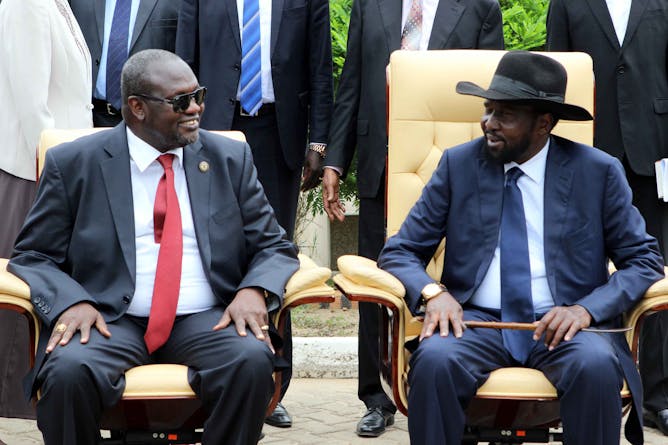
Is it time for South Sudanese President Salva Kiir (right) and former vice-president Riek Machar to meet face to face?
Philiop Dhil/EPA
Matthew Hauenstein, University of Notre Dame; Madhav Joshi, University of Notre Dame
South Sudan has been in the business of building peace for years but is no closer to implementing the roadmap to peace than when it drafted the first agreement.
|
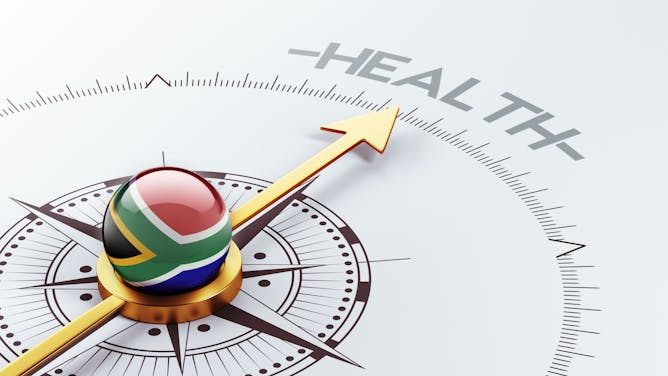
South Africa has a skewed healthcare system with an under-funded public sector and an expensive private sector.
Shutterstock
Alex van den Heever, University of the Witwatersrand
South Africa's planned NHI has no equivalent in any setting in the world. It's deeply flawed on a number of fronts.
|
Politics + Society
|
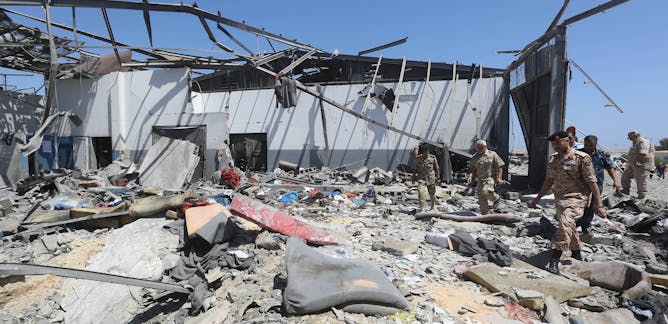
Michael Neu, University of Brighton; Robin Dunford, University of Brighton
The NATO-led military intervention in Libya has just fuelled more violence.
| |
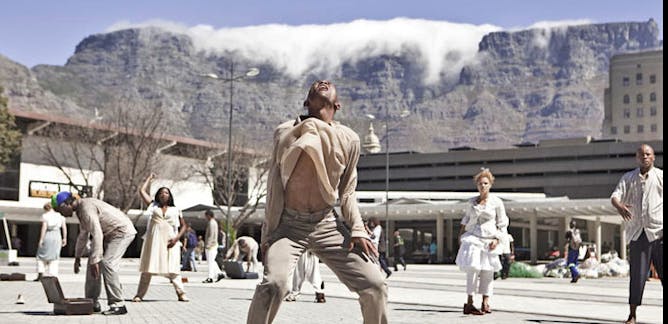
Beth Perry, University of Sheffield; Rike Sitas, University of Cape Town
From Cape Town to Kisumu and Greater Manchester, cities around the world are seeing the benefits of festivals that celebrate traditions and people.
|
|
|
From our international editions
|
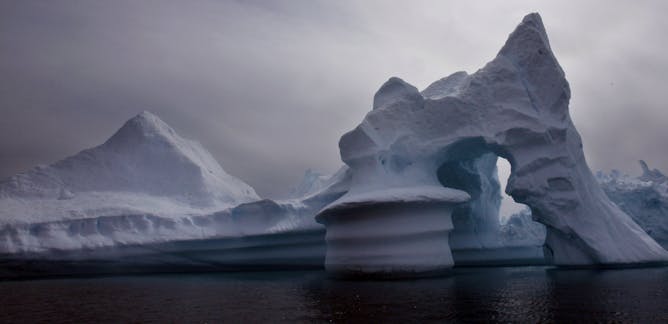
William L. Iggiagruk Hensley, University of Alaska Anchorage
In 1867, the US bought Alaska from Tsar Alexander II for a tidy sum of $7.2 million. Trump probably wouldn't be able to get that kind of bargain for Greenland.
| |

Veronica Alfano, Australian Catholic University
Memorising poetry is a kind of long-term investment. To take a poem with us so we can truly know it, we must know it by heart.
|
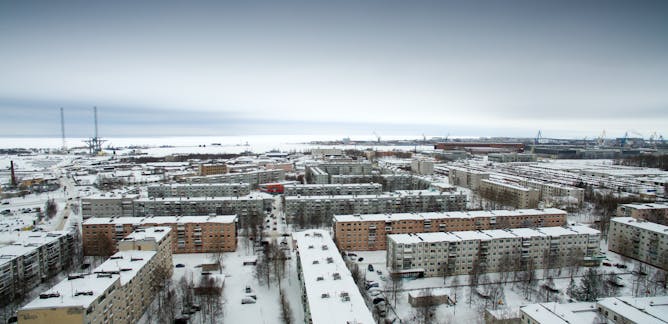
Claire Corkhill, University of Sheffield
Russia appears to have developed a revolutionary mini-reactor able to power a missile.
| |
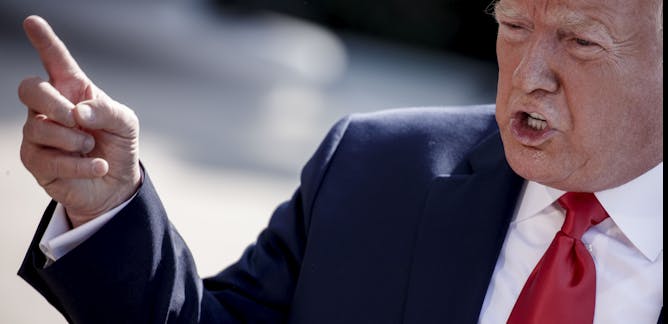
Winnie King, University of Bristol
The US and China have an interdependent economic relationship. If this unravels it will have global ramifications.
|
|
|
En français
|
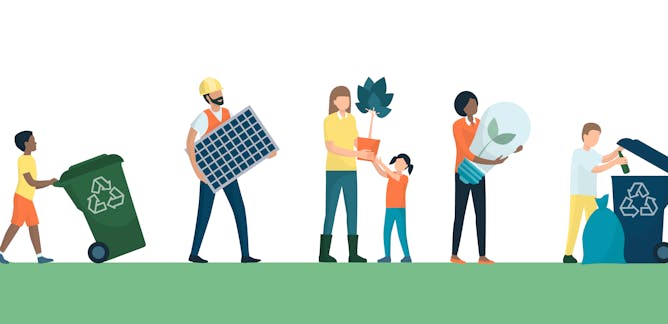
David J. Hardisty, University of British Columbia; Katherine White, University of British Columbia; Rishad Habib, University of British Columbia
Il y a un buzz autour du développement durable, mais les consommateurs ont encore du mal à développer de nouvelles habitudes. Voici comment changer cela.
| |

Paule Latino-Martel, Inra; Mathilde Touvier, Université Sorbonne Paris Cité (USPC)
On prête au thé, et notamment au thé vert, d’innombrables vertus. Il serait même capable de prévenir le cancer. Pourtant, cet effet n’a jamais été mis en évidence chez l’être humain…
|
|
|